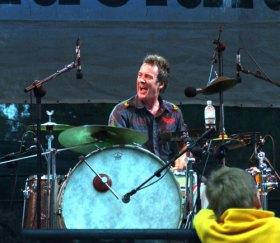For the first time in its two-decade history, Belgium’s iconic Tomorrowland festival is coming to Australia. Known for its fantasy landscapes, world-leading EDM line-ups and staggering production scale, Tomorrowland has become a symbol of the global festival economy. It’s less a concert and more a hyper-branded, immersive universe.
Now, the Australian iteration, said to be coming to Melbourne in November 2026, is generating intense hype. Fans are already speculating about line-ups, while promoters promise a ‘spectacle like no other’. But behind the euphoria lies a more complex cultural moment.






